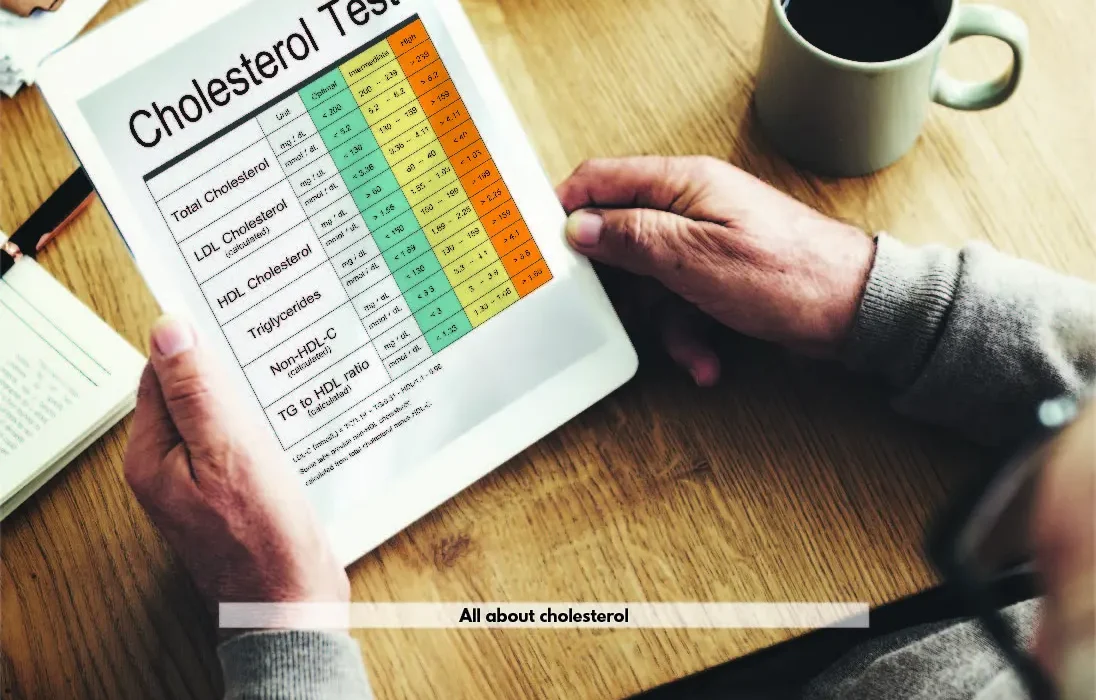Do you want to learn about cholesterol? It is a necessary component of our bodies that serves important functions. Functions like cell formation, hormone production, and even the digestion of some fats and vitamins. However, too much of it can result in to several health issues. In this blog post, we will learn about cholesterol, what are the functions, how to control your it and on what factors we can say that our level is high or low. This blog post will serve you to learn about various things either you just want to learn about cholesterol, understanding the concept thoroughly or want to know the solution of any issue cause by this. Lets start it!
What Is Cholesterol? How Does It Affect Your Health?
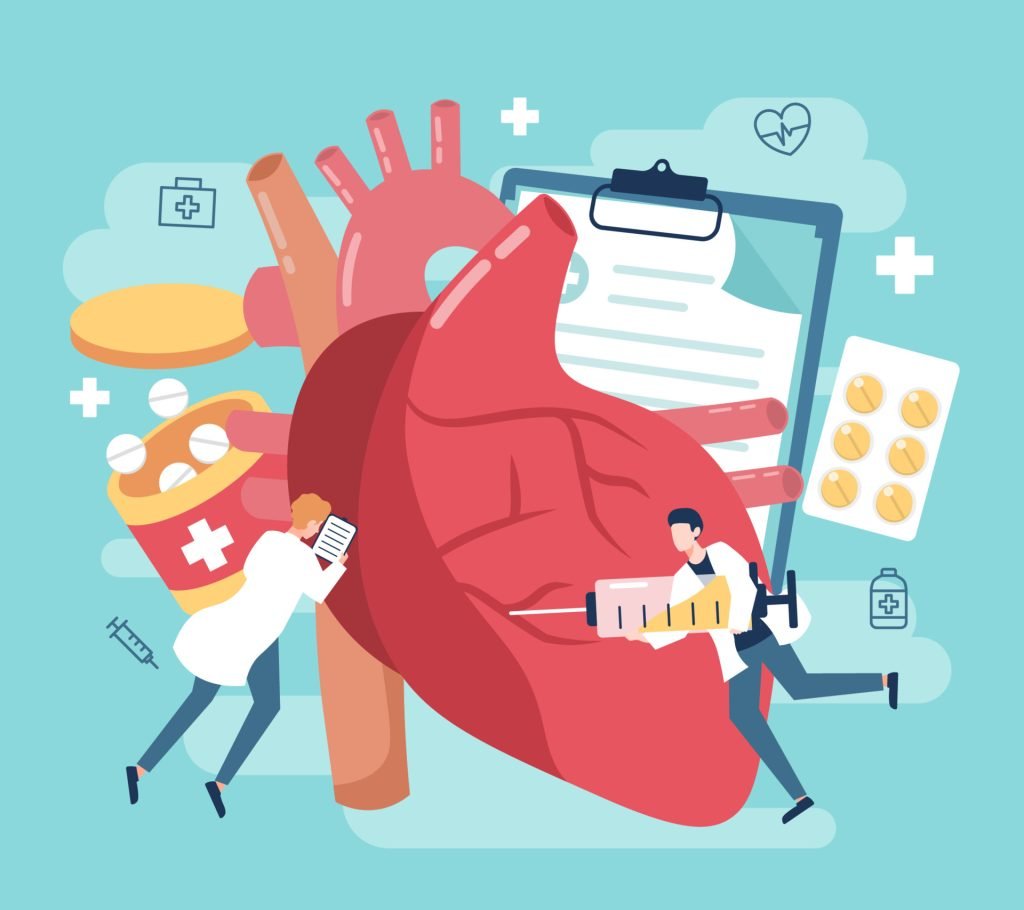
Cholesterol has become a household term in health and wellness talks, yet many people are unaware of what it is or how it affects our bodies. It is a lipid type that performs many essential jobs in your body. Lipids are substances that don’t dissolve in the water, so they don’t come apart in your blood.
As mentioned, it is not a bad thing for our body and performs many vital functions, such as:
- It is a major component of the cell membrane.
- Helps in steroid hormone production, such as testosterone.
- Helps in the production of bile acids in the liver.
- Helps in brain health and function.
Beside all its functions, high levels can severely damage the body. High cholesterol levels can cause heart disease, stroke, and other issues.
You can adjust it by eating healthy, exercising regularly, and avoiding too much fast food.
Types Of Cholesterol:

With the basic knowledge, we have learned about the good and harmful impacts on our body. For now, we will learn about the types and its functions.
1. Low-Density Lipoprotein (LDL)

LDL is referred to as bad cholesterol. The main function of LDL is to carry cholesterol from the liver to various tissues and cells throughout the body. But if the LDL level increases, the cholesterol will start accumulating in the arteries, which can result in plaque formation and block the arteries.
2. High-Density Lipoprotein (HDL)

HDL is referred to as good cholesterol. The main function of HDL is to transport the cholesterol from tissues and arteries to the liver. HDL helps to remove the cholesterol from the arteries and thus decreasing the chances of plaque formation in the arteries.
Besides LDL and HDL cholesterol concerns, both have their functions and importance. For a normal level, check regularly and maintain a healthy lifestyle.
How Diet Can Affects Cholesterol Level?
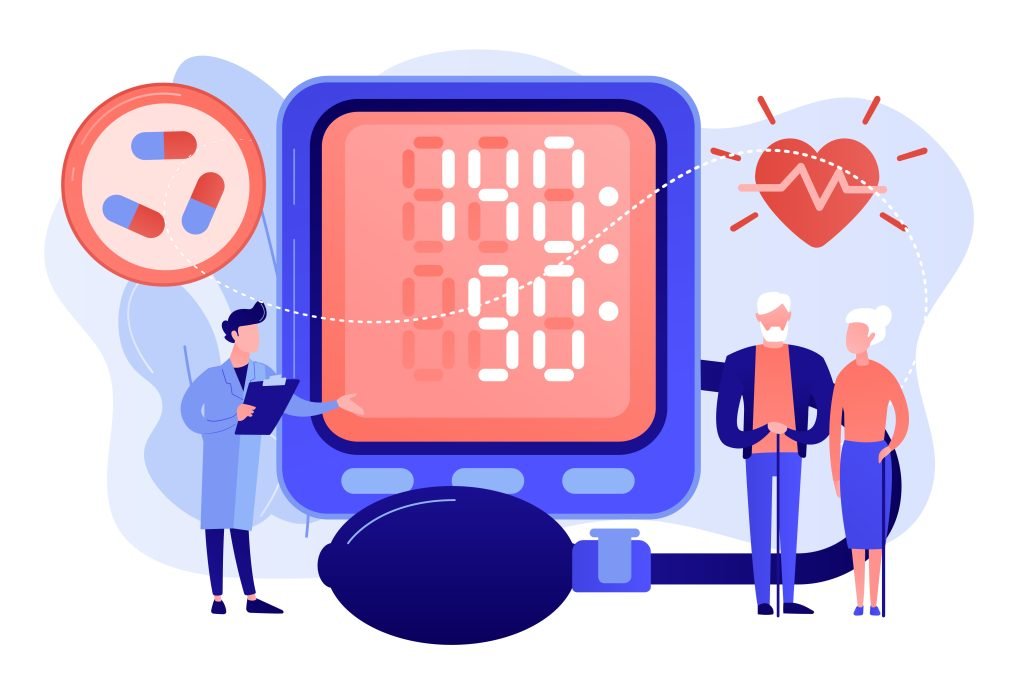
The food we eat, directly affects the working of our body, from minor organs to large; everything depends on what we eat regularly. It is also affected by the diet, but before making any changes in your diet, let’s learn about the impacts of diet on cholesterol:
- Saturated fats: Fats such as fatty meats, butter and full-fat dairy products are generally called LDL cholesterol. Saturated fats (trans fats) are artificially created through a process known as hydrogenation. It is advised to limit the intake of saturated fats.
- Unsaturated fats: Unsaturated fats such as avocados, nuts, olive oil and salmon contain a low LDL cholesterol level. Unsaturated fats can have a good impact on our heart health.
- Dietary cholesterol: Dietary cholesterol such as organ meat, shellfish and egg yolks has less impact on blood cholesterol levels than saturated and trans fats. It is advised to take dietary at a moderate level.
- Alcohol and soft drinks: Alcohol and soft drinks are injuries to health. These beverages contain triglycerides, which impact negatively. It is advised to limit the consumption of alcohol or soft drinks and drink clear water regularly.
Carefully observe the ingredients and minerals contained in the food you eat. You can significantly maintain your cholesterol level by following a good diet and limiting crispy and fried foods.
What Are The Methods To Improve?
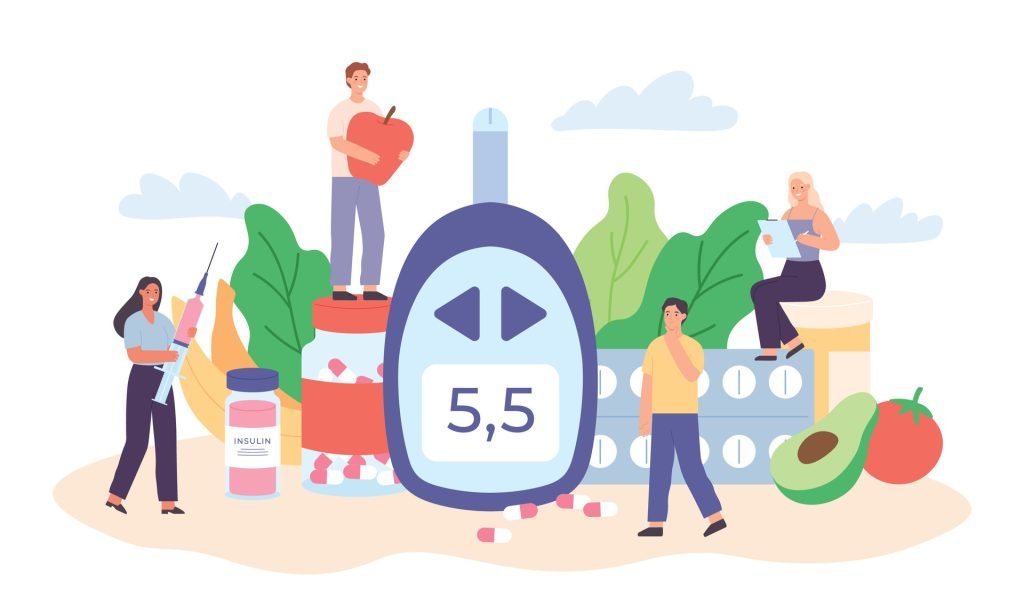
With that much detailed knowledge, its types and how diet can impact the level. In this section, we will learn about how to control cholesterol levels. There is nothing to worry about if your level is high. By adopting these methods, you can significantly drop it.
- Exercise regularly, including HIV and lightweight, like yoga and stretching.
- If you are overweight, engage in weight loss exercise.
- Limit the consumption of alcohol and sugar beverages.
- Make adjustments in dietary consumption.
- Take saturated fats foods such as avocados, nuts and salmon.
It is a disease that can be cured by adjusting your rough lifestyle into a healthy lifestyle. It may take some time and effort to achieve a normal level, but you can improve with healthy lifestyle
Common Misconceptions
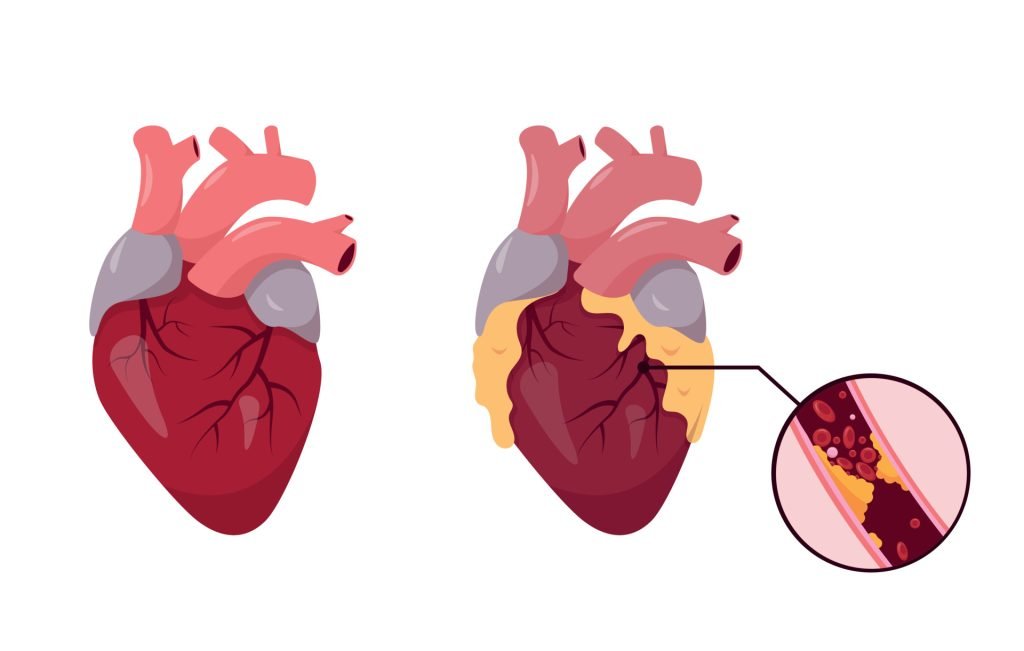
It is frequently associated with unfavourable associations. People often think that l is a bad thing for their health. However, we have learned the importance of cholesterol in our body.
It helps in the production of hormones, food digestion and the formation of cell membranes. Many people believe that it is a bad thing. However, this is not true. There is good cholesterol (HDL) and bad cholesterol (LDL), and while LDL levels must be controlled, HDL helps to remove excess from the body. Don’t let these myths create doubt in your mind; it is not bad, as it also has positive impacts on our bodies.
When Should You Consult a Doctor About High Cholesterol?

It is a natural chemical produced by the liver that is required for the normal functioning of our body’s cells. On the other hand, high levels can be harmful and lead to significant health problems such as heart disease, stroke, and high blood pressure.
If you are concerned, you should act and consult with a doctor. A doctor can check, analyze and advise you on managing them through dietary modifications, exercise, and, if necessary, medication.
Do not ignore your high levels, consult with your doctors, take a right treatment and control your level as soon as possible.
Read about: Cholesterol
Conclusion:
Finally, we should never ignore higher level. It is a substantial risk factor for various health problems, including heart attack and stroke. Understanding the various components of it can help us understand our risk levels better. Diet and lifestyle changes can help us maintain healthy “good” cholesterol levels and minimize our risk of heart disease. Knowing the most frequent myths about cholesterol helps us make better health decisions. The essential message from this blog article is to consult your doctor if you believe it is abnormally high or has abruptly grown over time. Early detection and care can significantly improve your long-term health outcomes.
Frequently Asked Questions:
Q1. What is cholesterol?
It is a lipid type that performs many essential jobs in your body. Lipids don’t dissolve in the water, so they don’t come apart in your blood. High levels can create plaque in the arteries and resist the main blood flow.
Q2. What is the type of cholesterol?
The two types of cholesterol are
- Low-Density Lipoprotein (LDL): Also known as “bad cholesterol,” high LDL levels can build plaque in the arteries and increase the risk of heart disease.
- High-Density Lipoprotein (HDL): Also known as “good cholesterol,” HDL aids in removing excess level from the bloodstream, thus lowering the risk of heart disease.
Q3. What are the causes of high cholesterol?
Some causes are
- Poor diets which are heavy in saturated and trans fats
- Non-healthy lifestyle
- Obesity
- Smoking
- Heredity,
- Certain medical disorders cause heavy levels.
Q4. Can I reduce my cholesterol level?
Yes, you can. Adopting a heart-healthy diet, regular exercise, keeping a healthy weight, and quitting smoking can significantly impact cholesterol levels.
Q5. What is the normal cholesterol level in the human body?
A total cholesterol level of 200 milligrams per deciliter (mg/dL) or lower is generally considered good. The optimum level, however, may differ depending on individual risk factors and medical history.
Q6. What are the symptoms of high cholesterol levels?
High level does not result in any specific symptoms. It is frequently described as a “silent” condition. A blood test is the only way to determine your levels.
Q7. Should I regularly check my cholesterol level?
If levels are normal, most adults can check every four to six years. However, if you have risk factors for heart disease or have been diagnosed with high level, your doctor may advise you to check your level more often.
Q8. Can it be controlled by medications?
If your level is extremely high, your doctor may prescribe lowering medications such as statins or other lipid-lowering therapies.
Q9. Are all lowering medicines the same?
No, different types of lowering drugs act in different ways. Statins are the most widely used and highly effective medicine. Other drugs, such as bile acid sequestrants and niacin, may be utilized depending on the conditions.
Q10. How can I reduce my level naturally?
Eating natural foods, such as oats, nuts, and fatty fish, and taking specialized supplements, such as plant sterols, may help lower cholesterol levels. However, consult with your doctors before adopting any change.

